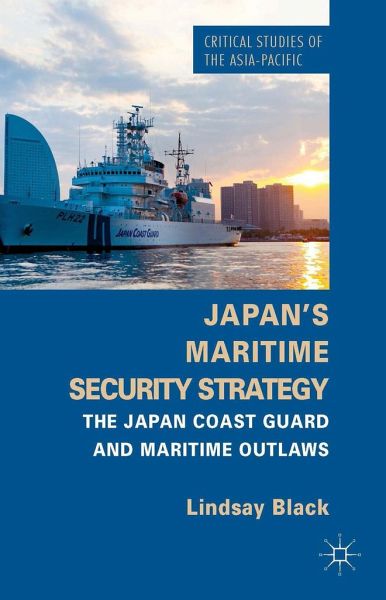
Japan's Maritime Security Strategy
The Japan Coast Guard and Maritime Outlaws
Versandkostenfrei!
Versandfertig in 6-10 Tagen
91,99 €
inkl. MwSt.
Weitere Ausgaben:

PAYBACK Punkte
46 °P sammeln!
Since the late 1990s, the Japan Coast Guard (JCG) has countered a myriad of 'outlaw' threats at sea including piracy, terrorism, the proliferation of Weapons of Mass Destruction (WMD) and the threat posed by 'rogue states'. Japan's innovative strategy has transformed maritime security governance in Southeast Asia and beyond.














